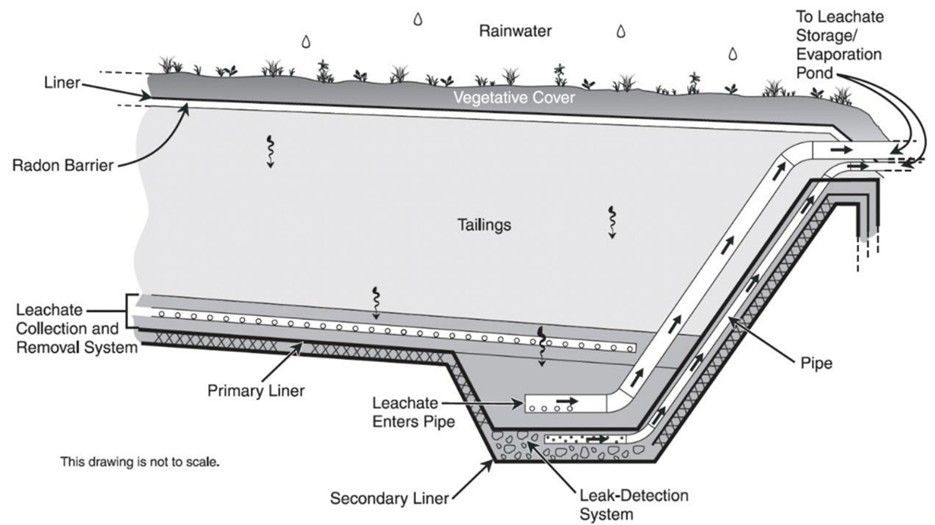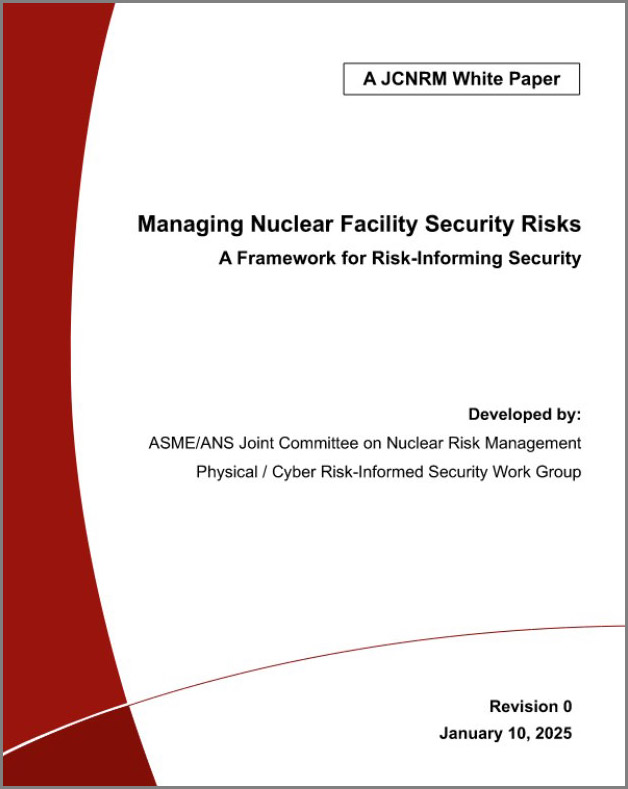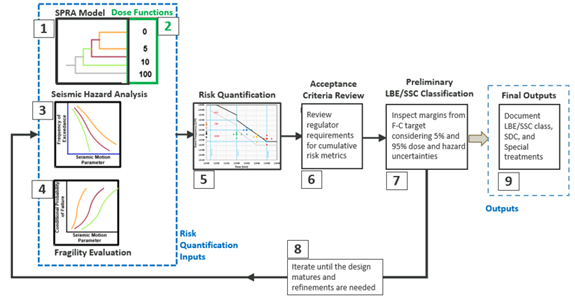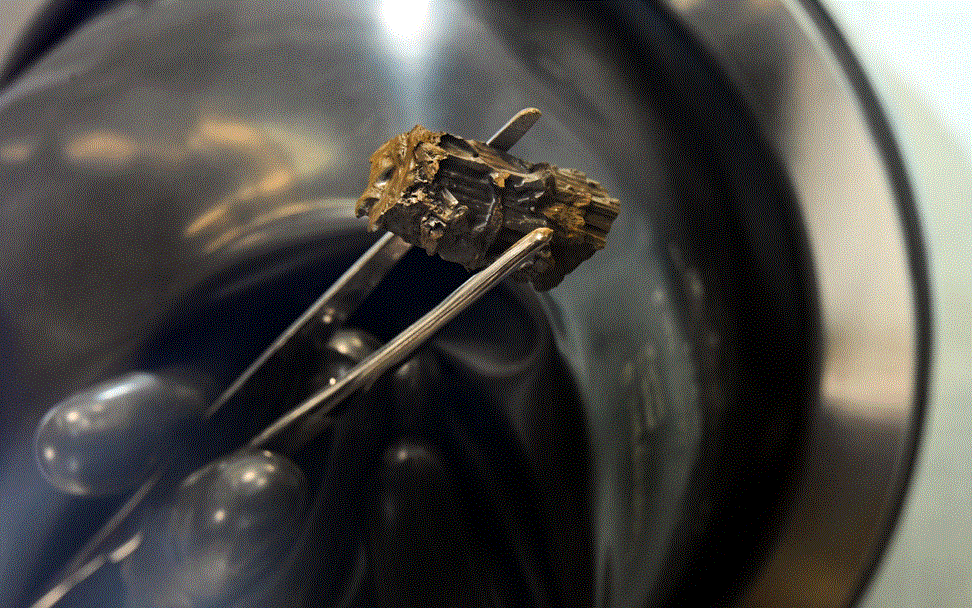ANS hosts webinar on uranium mill tailing facilities

The American Nuclear Society’s Risk-informed, Performance-based Principles and Policy Committee (RP3C) has held another presentation in its monthly Community of Practice (CoP) series. Former RP3C chair N. Prasad Kadambi opened the meeting with brief introductory remarks about the RP3C and the need for new approaches to nuclear design that go beyond conventional and deterministic methods. He then welcomed this month’s speaker: Craig Benson from the University of Wisconsin–Madison, who presented “Natural Systems Approach for Closure of Uranium Mill Tailing Facilities.”

-3 2x1.jpg)
 The American Nuclear Society’s
The American Nuclear Society’s 


